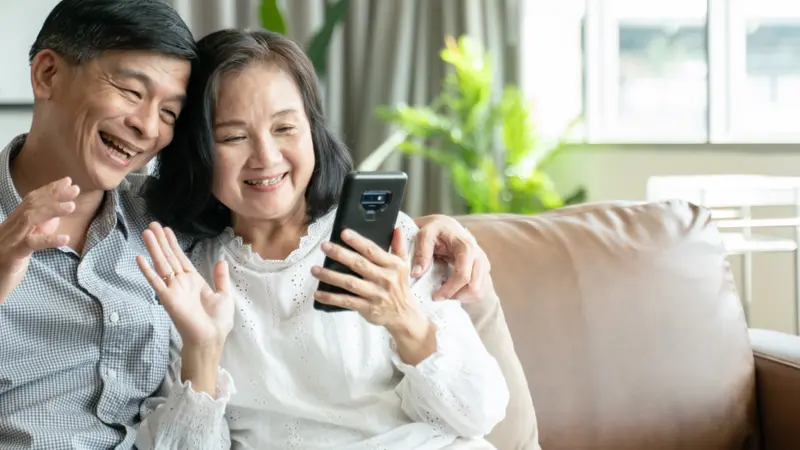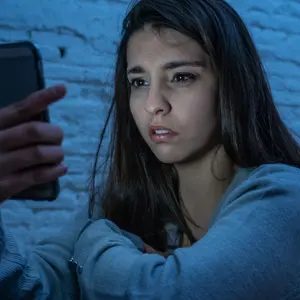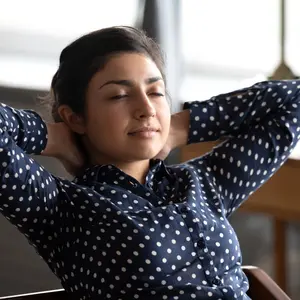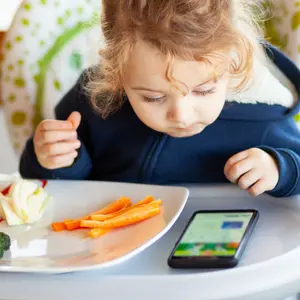

Mental and Behavioral Well-Being

Mental and Behavioral Well-Being
Human Connection in a Time of Physical Distancing
As the COVID-19 pandemic continues its sweep around the globe, forcing people to social distance to mitigate the spread, experts are predicting a skyrocketing loneliness crisis that will create long-lasting impacts on mental and physical health.
Even before the pandemic, loneliness was a growing problem. More people are living alone and spending more time online, replacing interpersonal connections with digital ones. Our lives are more car-centric than ever and often our neighborhoods no longer provide easy opportunities for natural human connection. Statistics show loneliness rates more than doubled in the United States in the last 40 years, affecting especially the old and the young. A BBC study found that 27% of people over age 75 and 40% of 16- to 24-year-olds “often or very often feel lonely.”
The isolation and fear caused by the pandemic are accelerating the toll. A survey of English-speaking countries showed that 76% of people report being significantly lonelier because of the pandemic. New research shows more than 70% of children feel very lonely due to school closures.
A fast-growing body of medical research shows that loneliness is a critical health problem. Strong social connections are associated with a 50% reduced risk of early death; loneliness is a root cause of many health conditions. One study indicates that social isolation presents a greater mortality risk than obesity, smoking 15 cigarettes a day, excessive alcohol consumption, and lack of physical activity.
The Global Wellness Institute, as part of a Vatican initiative to address health and wellness problems in the aftermath of COVID-19, recommends strategies that may serve as a roadmap for addressing loneliness. These include redesigning communities to provide spaces that spark human connections and encouraging governments and medical systems to take a greater leadership role in addressing loneliness.
Former U.S. Surgeon General Vivek Murthy believes the COVID-19 pandemic presents an opportunity to reset how we approach and prioritize relationships. He says, “For decades we have been eating at smaller and smaller tables, with fewer and fewer kin. It’s time to find ways to bring back the big tables.”
REFERENCES
McGroarty, B. (2020, May 27). Resetting the world with wellness: Human connection in a time of physical distancing. Global Wellness Institute. Retrieved from https://globalwellnessinstitute.org/wp-content/uploads/2020/06/Resetting-the-World-with-Wellness-Hu…


 By
By







